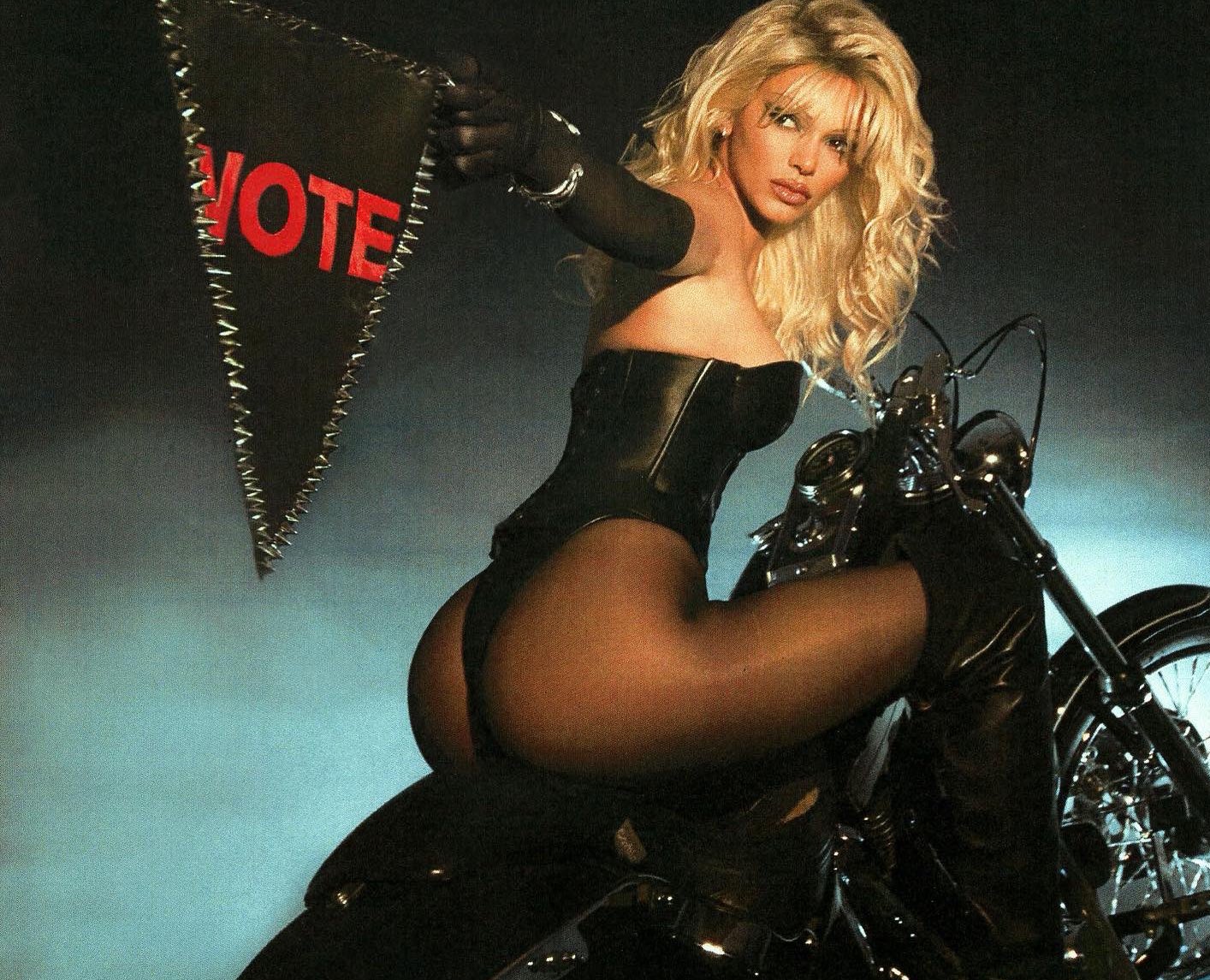ADVERTISEMENT
SUPEREGO
All the Latest and Greatest on the New Orleans Saints Bounty Scandal
bill-swift - March 6, 2012
Apparently wherever Greg Williams goes the defensive players do not get paid enough so in order to supplement the million dollar salaries of his players he places bounties on opposing players.
Don't worry if your first thought to that sentence is something like ‘WTF?' You're not alone.
The story has been building up throughout the weekend. Those of you not glued to your cell phones or Sports Center all the time are likely a little bit in the dark on this whole mess. If you are a little confused and a bit intrigued don't worry. Read on and you'll be up on the latest with this scandal in no time.
Over the weekend a tale has unfolded that has painted one of the best defensive coordinators in the league, Greg Williams, in a pretty bad light.
It seems that when he was in charge of the New Orleans Saints defense starting in 2009—the Saints Super Bowl season—Williams had a bounty fund that paid out anywhere from $1000-1500 whenever key opposing players were knocked out of the game. From 22-27 players are believed to have taken part in the fund run by Williams.
So far it appears as if players attempting to collect a bounty are responsible for a number of marquee players getting hurt. A hit by Bobby McCray on Kurt Warner in the 2009 playoffs is believed to have brought Warner's career to an end. A week later Brett Favre was injured in the NFC Championship game on a low hit by MCCray as well, and Jonathan Vilma had offered up 10 grand to the guy that knocked Favre out that game.
What makes the scandal even more troubling for the Saints is that head coach Sean Payton and general manager Mickey Loomis were aware of what was happening, but did not stop it even when ordered to do so by team owner Tom Benson.
The NFL is still conducting its investigation and is set to talk with Williams, now with the St. Louis Rams, on Monday. Williams has not denied the existence of the fund and has apologized for it. That will probably not do him much good as a history of bounties wherever Williams goes continues to unfold.
Former Indianapolis Colts head coach Tony Dungy believes that Williams had a bounty on Peyton Manning when Williams coached the Redskins defense from 2004-07. Dungy believes that a hit Peyton took during a 2006 game against Washington is when he started to have issues with his neck.
There is reason to believe that a similar system was in place when Williams was the head coach of the Buffalo Bills from 2001-03 as well as during his tenure with the Tennessee Titans (1997-00).
What Does All This Mean?
The NFL does prohibit teams from having bounty-like programs. Since the bulk of the evidence is against the New Orleans Saints, there will be some sort of punishment for the team, likely a loss of draft pick(s) and a heavy fine for the team and head coach Sean Payton.
As for Williams, the punishment could potentially be worse. Throughout the weekend stories plastered the internet demanding a lifetime ban be placed on Williams. With his track record, don't be surprised if it happens. The NFL is trying to promote a safer environment. Someone that advocated inflicting injuries on players flies in the face of that.
Williams isn't the first to have a bounty system in place; in fact, many players have come out over the weekend stating that the practice is common. Former NFL head coach Buddy Ryan used them when he was with the Philadelphia Eagles. Coincidentally, Williams has called himself a disciple of Ryan's style of play.
Now that might cost him his career.
Session expired
Please log in again. The login page will open in a new tab. After logging in you can close it and return to this page.




